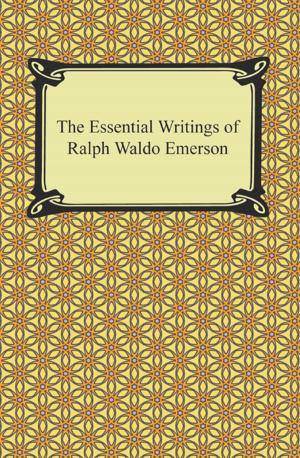| Author: | Thomas Babington Macaulay | ISBN: | 9781420906424 |
| Publisher: | Neeland Media LLC | Publication: | December 15, 2009 |
| Imprint: | Digireads.com Publishing | Language: | English |
| Author: | Thomas Babington Macaulay |
| ISBN: | 9781420906424 |
| Publisher: | Neeland Media LLC |
| Publication: | December 15, 2009 |
| Imprint: | Digireads.com Publishing |
| Language: | English |
Thomas Babington Macaulay was a child prodigy who, by the age of 8, had written a history of the world and a poem in three cantos modeled after the poetry of Sir Walter Scott. He studied law at Trinity College, Cambridge, but drew great attention for several literary essays he contributed to the Edinburgh Review. In 1849, he published the first two volumes of "The History of England, From the Accession of James II", which were immediately well-received. As a Whig, with little tolerance for Tories or understanding of James II, Macaulay disregarded many authoritative texts in his research; as a result, his work is often prejudiced and mistaken in the facts, with little room for philosophy or theorizing. However, it cannot be denied that this work is a lively and beautifully written masterpiece of English literature. This is the fourth in a series of five volumes.
Thomas Babington Macaulay was a child prodigy who, by the age of 8, had written a history of the world and a poem in three cantos modeled after the poetry of Sir Walter Scott. He studied law at Trinity College, Cambridge, but drew great attention for several literary essays he contributed to the Edinburgh Review. In 1849, he published the first two volumes of "The History of England, From the Accession of James II", which were immediately well-received. As a Whig, with little tolerance for Tories or understanding of James II, Macaulay disregarded many authoritative texts in his research; as a result, his work is often prejudiced and mistaken in the facts, with little room for philosophy or theorizing. However, it cannot be denied that this work is a lively and beautifully written masterpiece of English literature. This is the fourth in a series of five volumes.















